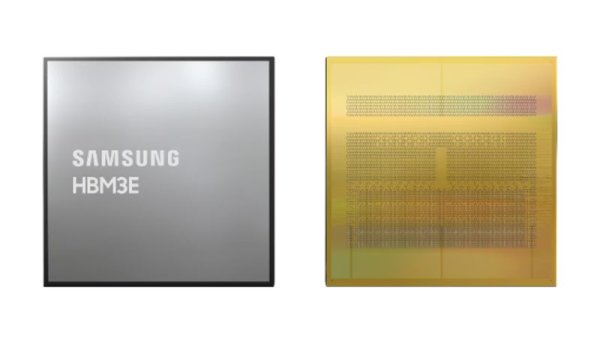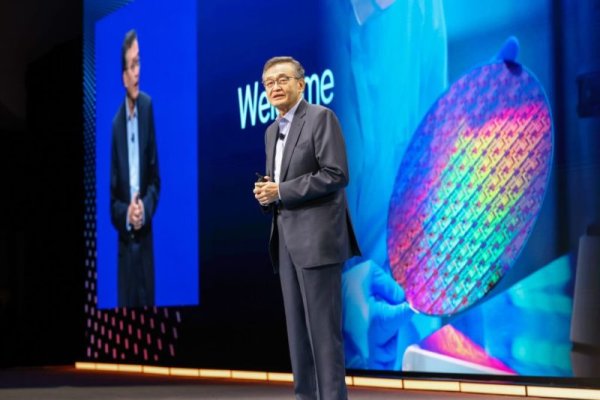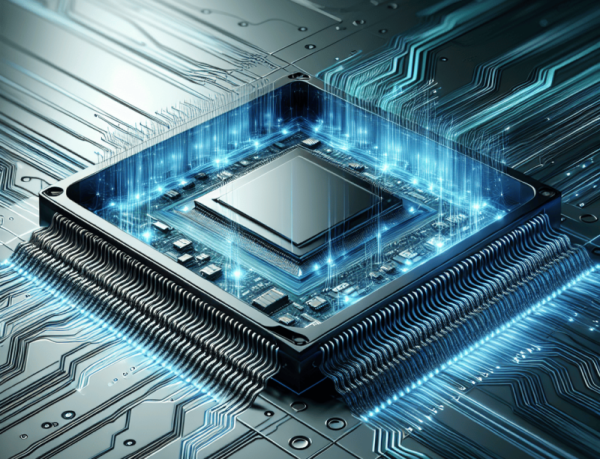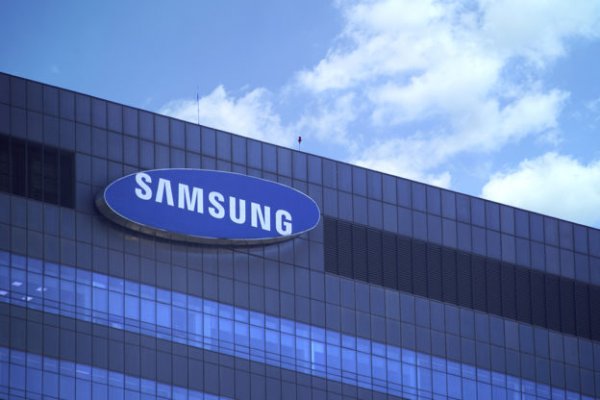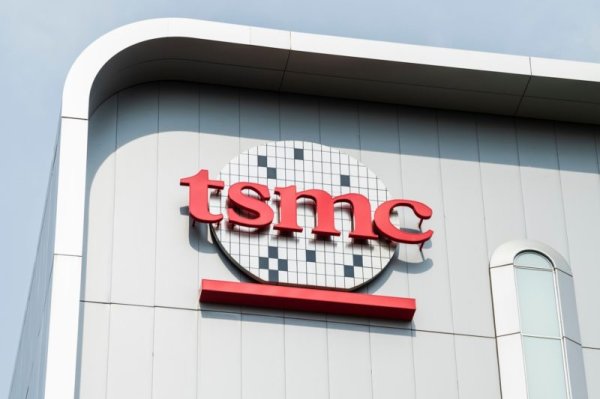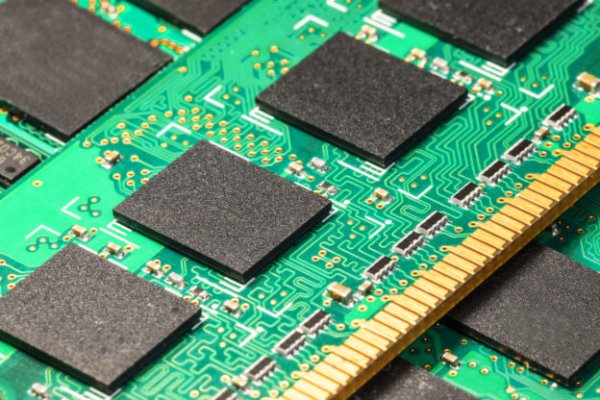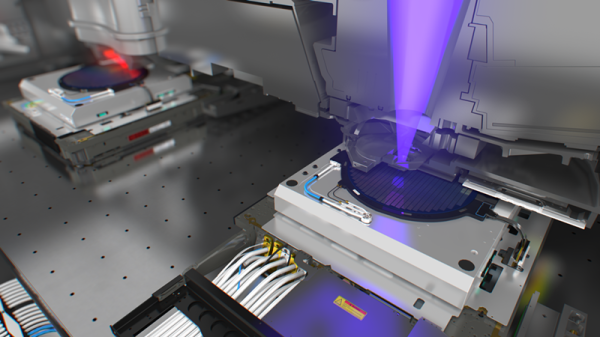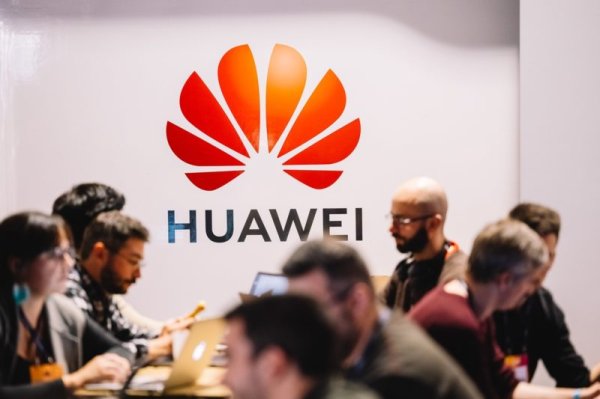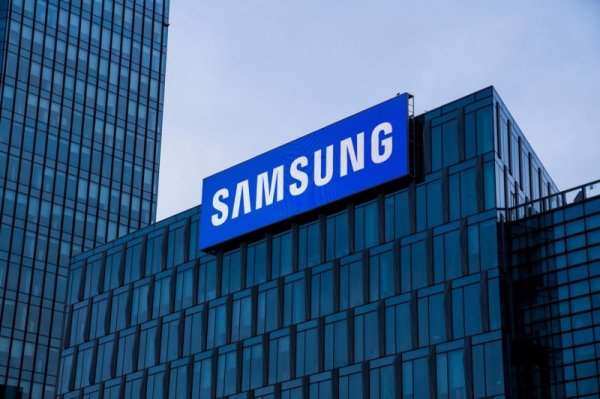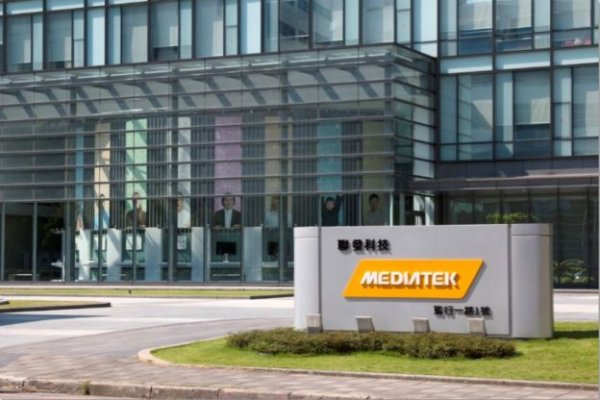China bans the use of foreign AI chips in data centers, and the market is expected to impact NVIDIA in favor of Huawei

As the U.S.-China technology competition intensifies, Beijing authorities have reportedly issued a new directive banning the use of foreign-made artificial intelligence (AI) chips in state-funded data center projects. This move is seen as a major impact on many major U.S. chip manufacturers, including NVIDIA and AMD.
According to Reuters, the Chinese government has mandated that all new data center projects that receive state funding must exclusively use domestically produced AI chips. This directive specifically focuses on data centers that are less than 30% complete. These plans are required to eliminate all foreign chips or abandon any plans to purchase foreign chips. As for those projects that are nearing completion, they will be evaluated on a case-by-case basis based on specific circumstances.
Reports pointed out that this policy is to support China’s domestic chip manufacturers and thereby enhance China’s competitiveness in the global market. Previously, China has supported the development of its domestic chip industry by increasing subsidies for major data centers and cutting their energy bills by up to 50%.
The market expects that this ban will cause U.S. chip manufacturers to face severe challenges. Among them, NVIDIA is one of the most affected companies. The use of its advanced AI chips in the Chinese market has been a focus of debate between the United States and China. The market believes that this new directive may seriously hinder NVIDIA's expectations of regaining market share in the Chinese market. In comparison, this policy will create favorable conditions for China's competitors. For example, Chinese companies such as Huawei will have the opportunity to significantly increase their chip sales.
Reports indicate that in the face of supply chain uncertainty, major Chinese technology companies have taken actions to reduce their reliance on foreign technology. For example, Alibaba Group released a new computing system called “Aegaeon” in mid-October. The design goal of the system is to significantly reduce the dependence of its artificial intelligence models on NVIDIA GPUs by 82%.
The announcement of this ban in the context of the U.S.-China technology war means that people on both sides will not easily let go of the restrictions. U.S. President Trump has stated that NVIDIA’s advanced Blackwell architecture AI chips will not be provided to other countries or individuals. The decision was largely based on potential national security concerns caused by a scaled-down version of the chip that was expected to be sold to China.
However, despite these challenges, NVIDIA CEO Jensen Huang remains optimistic about the company's prospects for resuming sales of advanced chips in China. But he also stressed that resolving U.S. national security issues is as crucial as resuming sales.


